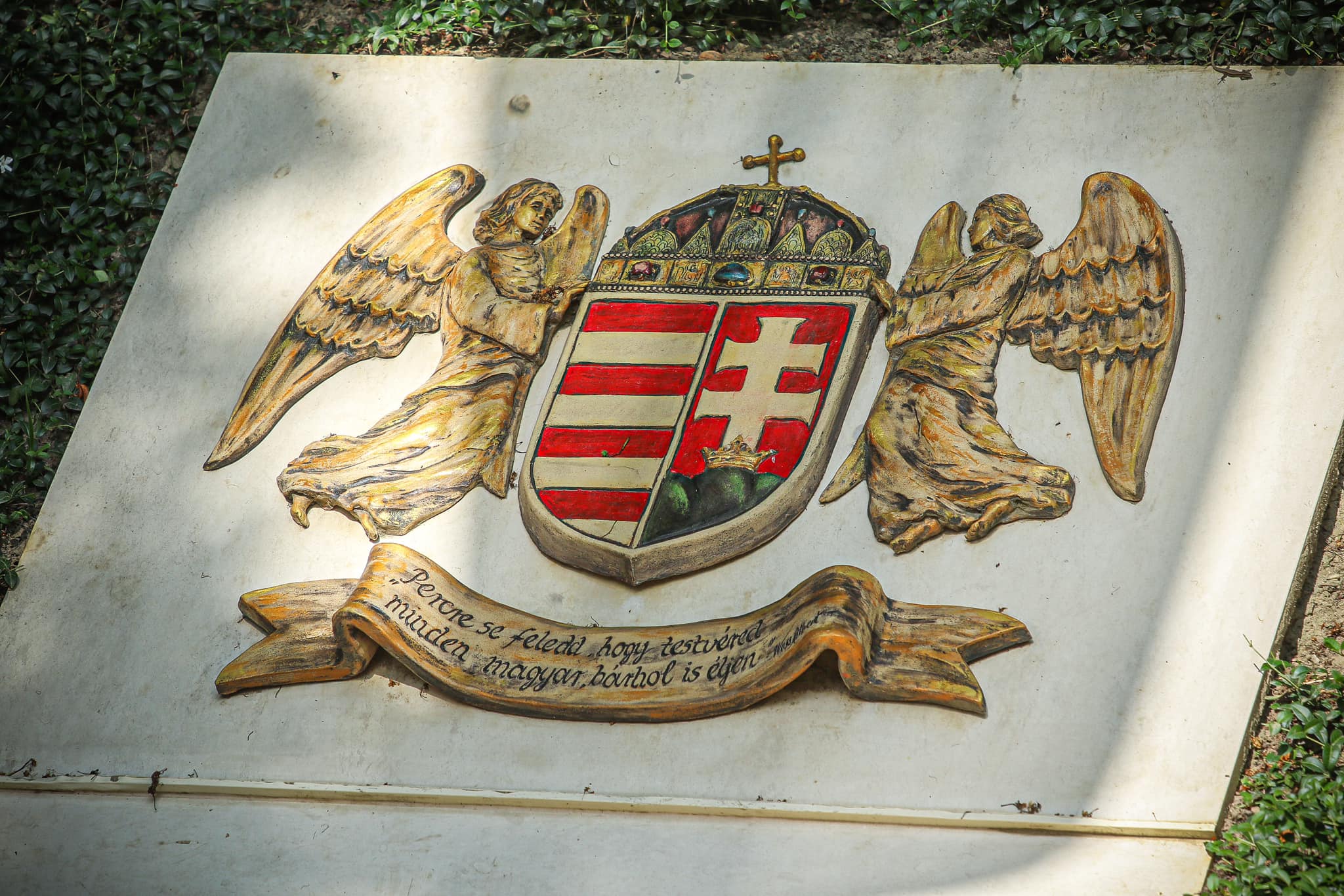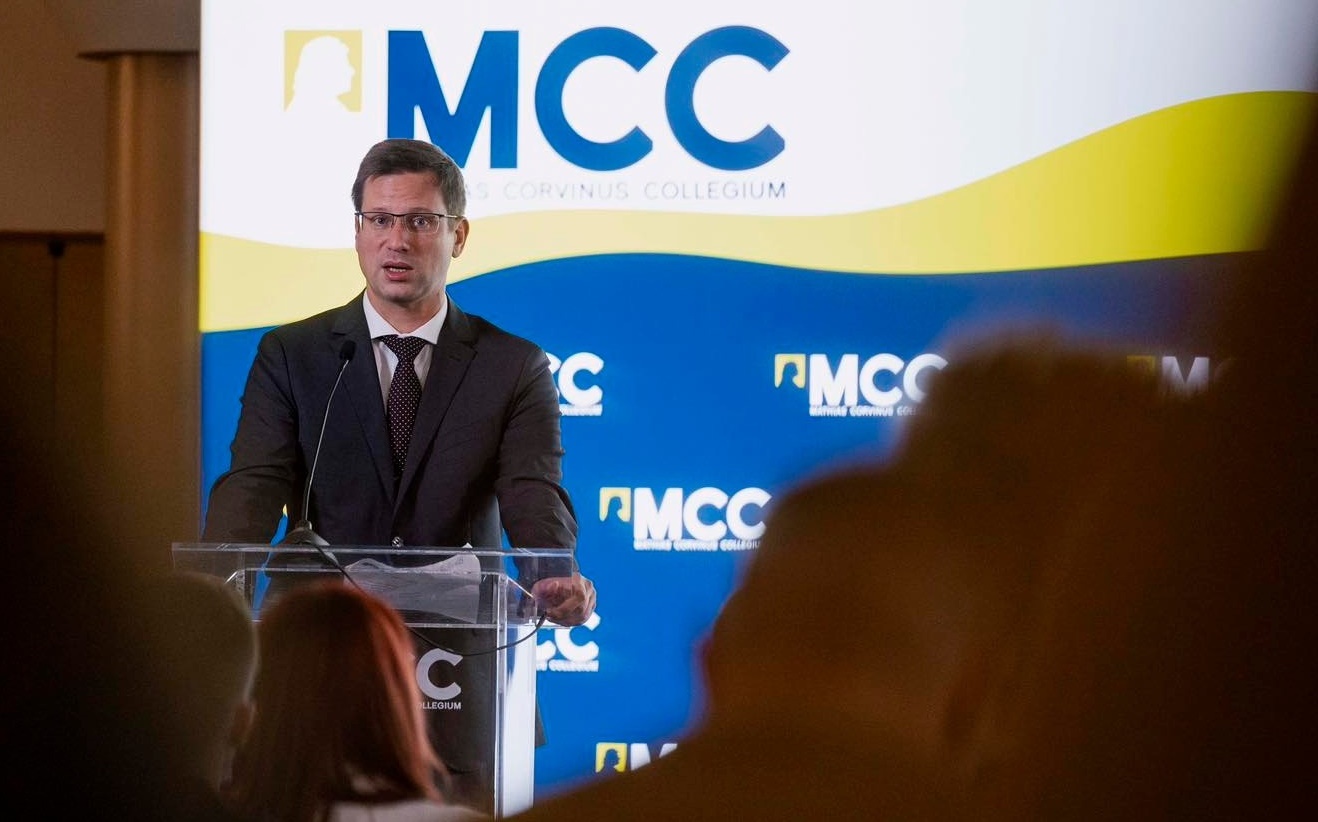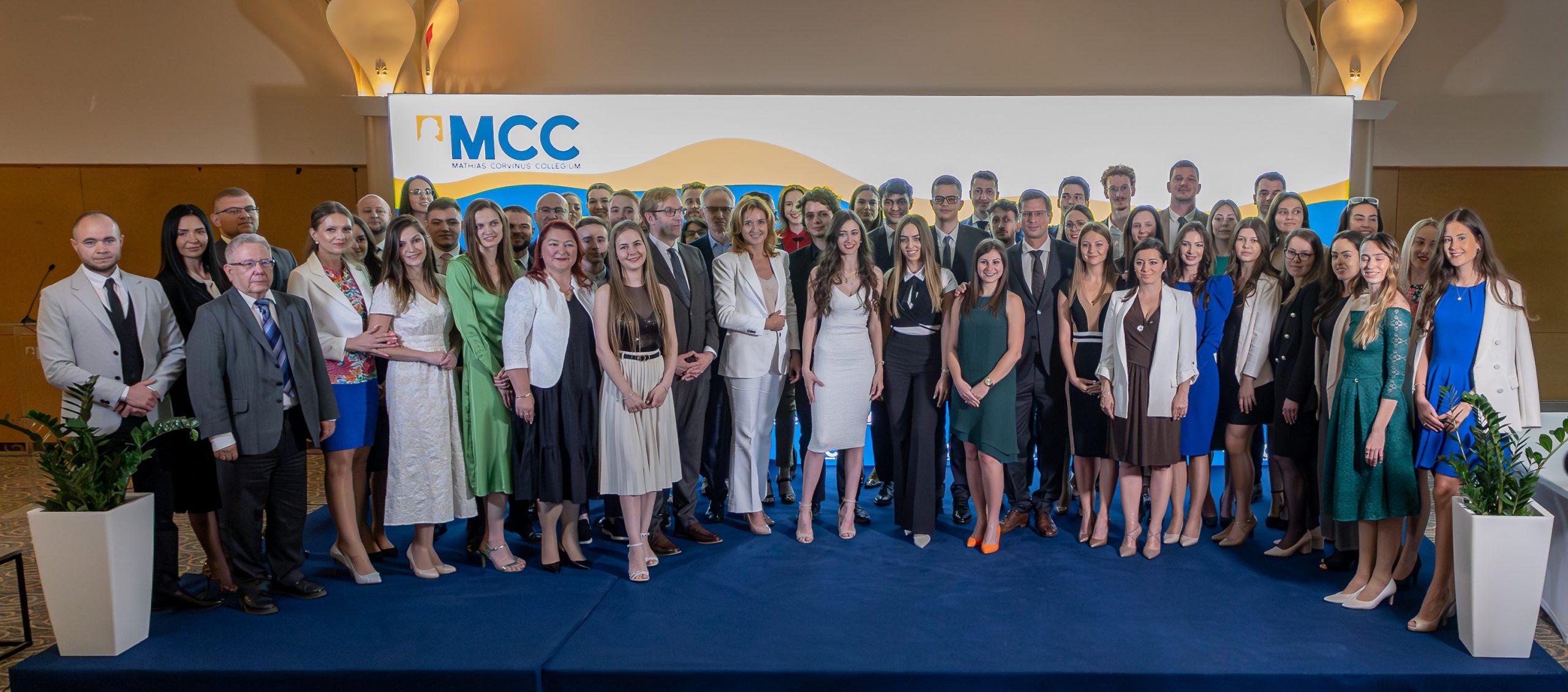
The State Secretary for national policy said that looking back over the 100 years since the Treaty of Trianon, the Hungarian people are "alive and well despite all odds, the greatest nation in the Carpathian Basin."Continue reading

The positive thing about the past decade is that no one today disputes the correctness of our thinking in terms of a united Hungarian nation, the Minister heading the Prime Minister’s Office said.
“This has become an undisputed thesis in Hungarian public life, and that is why we must feel that the cause of all the ethnic groups beyond our borders is our own,” Gergely Gulyás emphasized at the graduation ceremony of the Mathias Corvinus Collegium (MCC), where the newly graduated students of the Transylvanian (formerly part of Hungary, now Romania) political school and the Transcarpathian (formerly part of Hungary, now in Ukraine) leadership training school received their diplomas.
The minister described the current period as difficult for Hungarians.
“No matter which part of the nation we look at, we can name the main difficulties facing Hungarians living across the border,”
he said.
The minister stressed that Hungarians of Transcarpathia are suffering from all the horrors of the war in Ukraine. Meanwhile, “the Ukrainian state, which we support financially, morally, and in humanitarian actions, believes that this support should be repaid by adopting rules that are incompatible with all European human rights standards, severely penalizing nationalities and trampling on fundamental minority rights.”
The politician highlighted while referring to the Hungarian constitution that
Hungary does not consider a state’s disregard for national minority rights to be the way to Europe, and then argued that belonging to a nationality is a value.
“Hungary is in solidarity with Transcarpathia, and it is also in solidarity with Ukraine, which is under attack by Russia for violating international law,” he said, stressing that all Hungarians can always count on the motherland.
Gulyás continued that the situation in Romania is now a more difficult one for the Hungarian nationality there, as the Democratic Alliance of Hungarians in Romania’s (RMDSZ) role in the government has come to an end.
The most important thing, he said, is that
there should be young people in Transcarpathia and Transylvania who care about the fate of their own community, from the smallest community- the family, to the largest- the nation.
István Székely, Executive Vice President of RMDSZ, said that at the last congress of their party they did not change their program because they are convinced that it will be the task of the next, younger generations, who should be given the opportunity to think about their own situation.
“Without rethinking the common good, there will be no new political generation,”
he emphasized.

The graduates of Transylvania and Transcarpathia. Photo: Facebook/Andrea Bocskor
Anna Bogya, former State Secretary in the Romanian Deputy Prime Minister’s Office, congratulated young people who are taking on public roles for their courage, given the current level of distrust of politicians in Romanian public life.
The RMDSZ politician pointed out that
her party had left the Romanian government with its head held high, but its goal remained the same: to improve the lives of the Hungarian community there.
Addressing fresh graduates, she stressed that “knowledge minimizes influence, and we need such leaders.”
Andrea Bocskor, Fidesz MEP, said that MCC’s leadership training has become a determining factor among young people in Transcarpathia and that graduates play an active and important role in the community. They are thus the guarantors of the survival of the Hungarian community in their homeland.
Via MTI, Featured Photo via Facebook/Gergely Gulyás